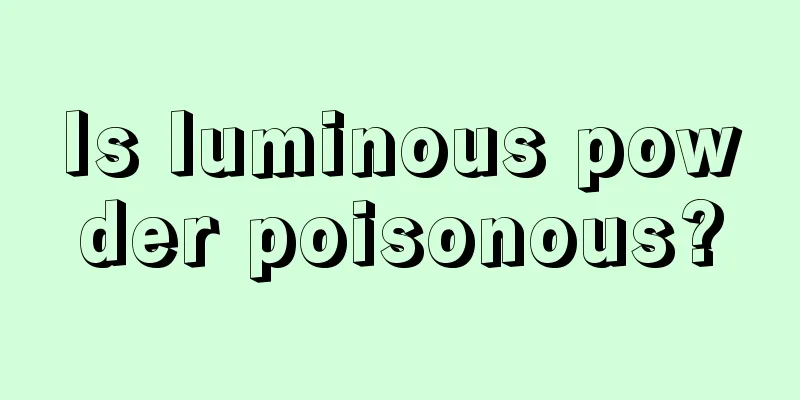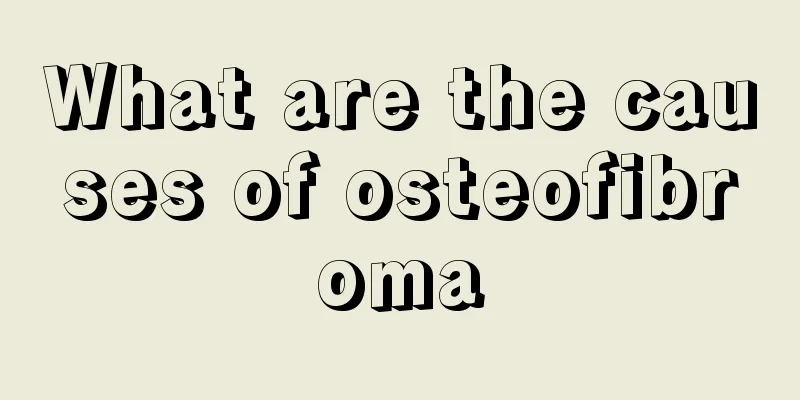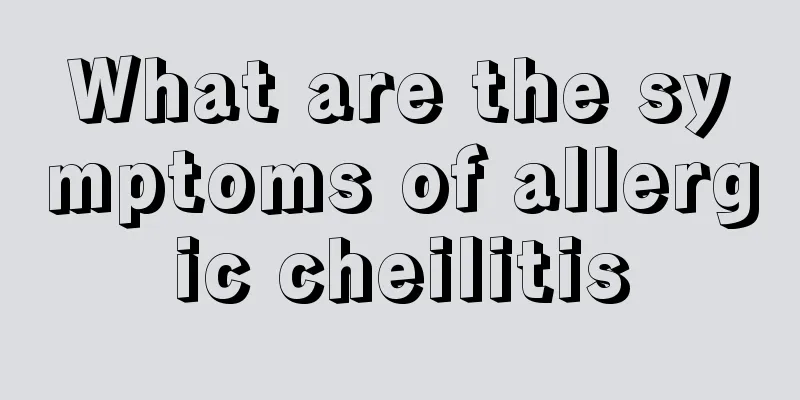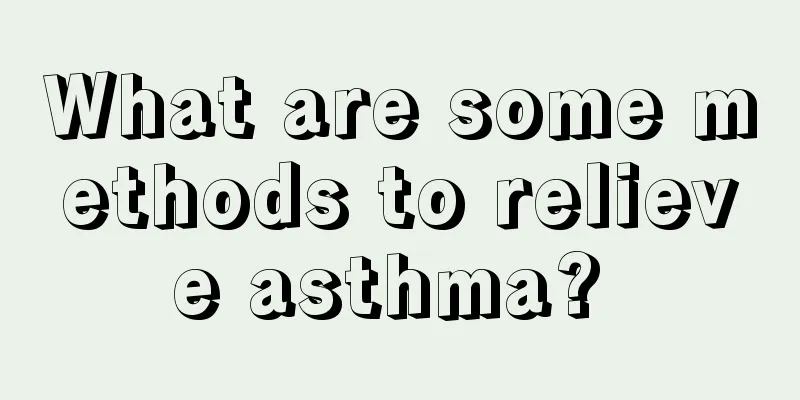Is luminous powder poisonous?

|
There are many uses for luminous powder, and it is used in both light and heavy industries. For example, many manufacturers will incorporate luminous powder into clothes to make the clothes look more bright and beautiful. It can also be used in daily necessities, door handles, watches, windows, etc., and can be made into various lights, which brings a lot of convenience to people's lives and work. Although luminous powder has many uses, it still has an impact on human health, mainly because it contains toxic substances that affect health and the environment. Toxic, harmful and environmentally polluting Phosphor (commonly known as luminous powder) is usually divided into two categories: photo-storage luminous powder and radioactive luminous powder. Photo-storage luminous powder is a fluorescent powder that stores light energy after being irradiated by natural light, fluorescent light, ultraviolet light, etc. After the light irradiation stops, it slowly releases the light energy in the form of fluorescence. Therefore, the luminescence can still be seen at night or in the dark, and the duration can be as long as several hours to more than ten hours. Radioactive luminous powder is made by mixing radioactive substances into phosphors. The rays continuously emitted by the radioactive substances are used to stimulate the phosphors to glow. This type of luminous powder glows for a long time, but because it is toxic, harmful and environmentally polluting, its application range is small. In real life, people use the long-term luminous property of luminous powder to make weak lighting sources, which have special uses in the military. This material is applied to aviation instruments, clocks, windows, various switch signs on machines, door handles, etc. It can also be pressed together with various translucent plastics into various symbols, parts, and supplies (such as power switches, sockets, fishing hooks, etc.). After being exposed to light, these luminous components will continue to glow at night or when getting up after an unexpected power outage or lightning, allowing people to identify the surrounding direction and bringing convenience to work and life. Adding ultrafine particles of luminous material into textiles can make the colors brighter. When children wear luminous textiles, traffic accidents can be reduced. At present, the luminous materials at home and abroad are mainly made of ZnS (zinc sulfide), SrS (airbag system) and CaS (abbreviation of Column Address Strobe), which emit green and yellow light. However, SrS and CaS materials are easy to deliquesce, which makes it difficult for them to be widely used. Therefore, the luminous materials on the market are mainly based on ZnS. However, its afterglow time is only 1 to 3 hours, and it easily deteriorates and turns black in strong light (such as sunlight), ultraviolet light and humid air, so its application is limited in many fields. Although ZnS luminous powder co-activated by adding diamond and copper has a long afterglow time, it has infrared quenching phenomenon. Under the irradiation of electric light (containing more red light), the afterglow is quickly extinguished. |
<<: Do you need to wash grapes for making wine
>>: What to do if your hair is unruly and frizzy?
Recommend
What fruit can reduce inflammation the fastest?
It is said that food supplements are worse than m...
Analysis of the causes of stomach discomfort when waking up in the morning
The human stomach and intestines are an important...
Why does eating too many plums cause stomachache?
Many people like to eat plums, but it should be n...
Some common sense about health care in autumn and winter
With the arrival of autumn, the weather becomes i...
I get hungry at midnight
Many people feel very hungry in the middle of the...
How to estimate your food intake healthily with your hands
To maintain a healthy weight, it is important to ...
What are the dangers of wearing traditional dentures
In our daily life, many people enjoy sweets to br...
What are accessory breasts? Is having accessory breasts a precursor to breast cancer?
Many women have accessory breasts, which are slig...
The nasopharyngeal roof is thickened. Can the CT results be judged as nasopharyngeal carcinoma?
The nasopharyngeal roof is thickened. Can the CT ...
Changes in bowel habits may be a symptom of colorectal cancer
Blood in the stool is one of the main symptoms of...
Symptoms of liver cancer include pain in the liver area in the early stages
Symptoms of liver cancer include pain in the live...
What are the effects of frog oil
Rana affine oil can be said to be a great tonic b...
What are the functions of photosynthetic bacterial species?
The growth of plants is inseparable from photosyn...
What are the three dietary points that bladder cancer patients should pay attention to?
Bladder cancer is currently one of the most commo...
What do you need to prepare for Tibet
As people are becoming more and more interested i...









